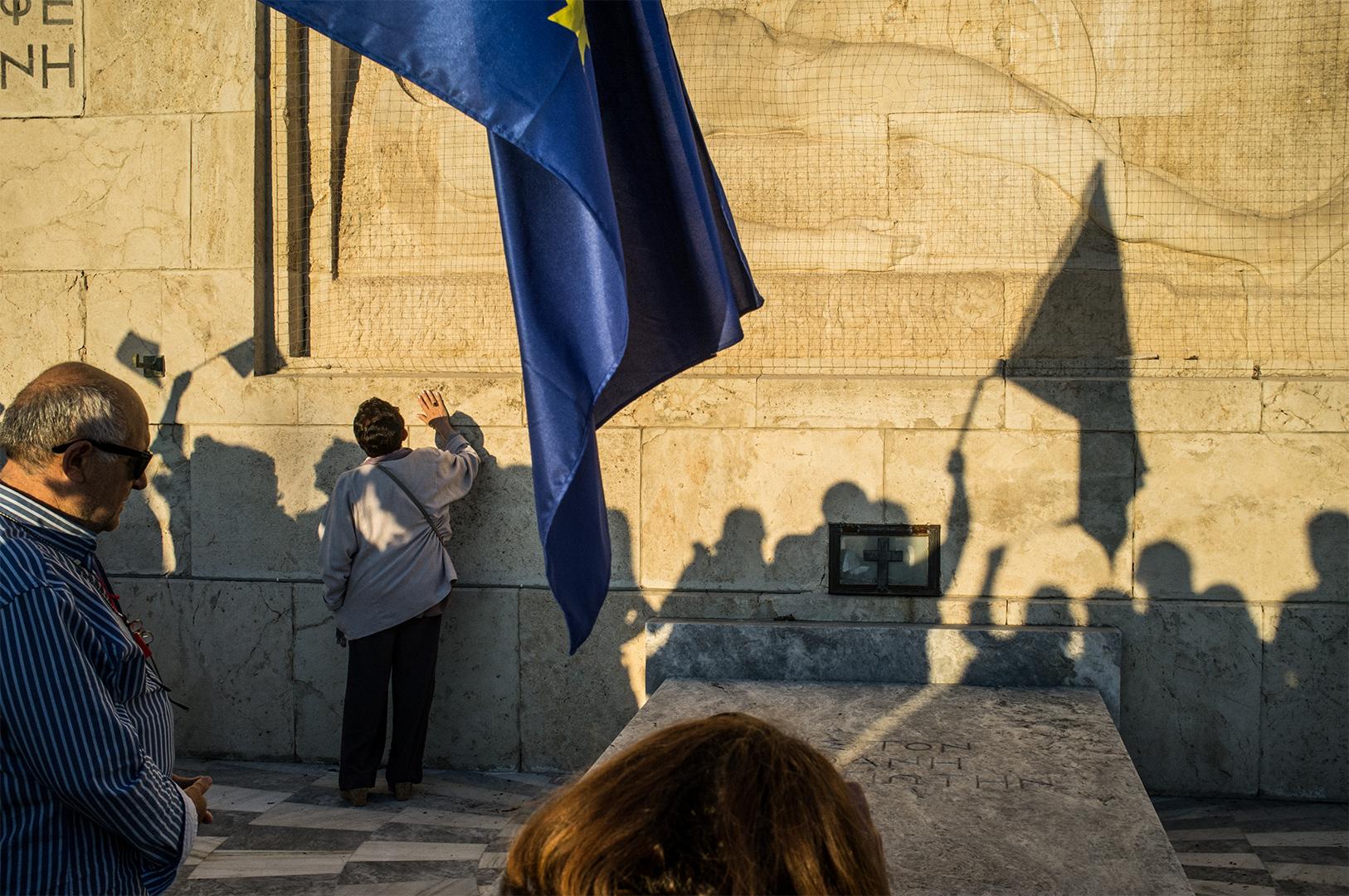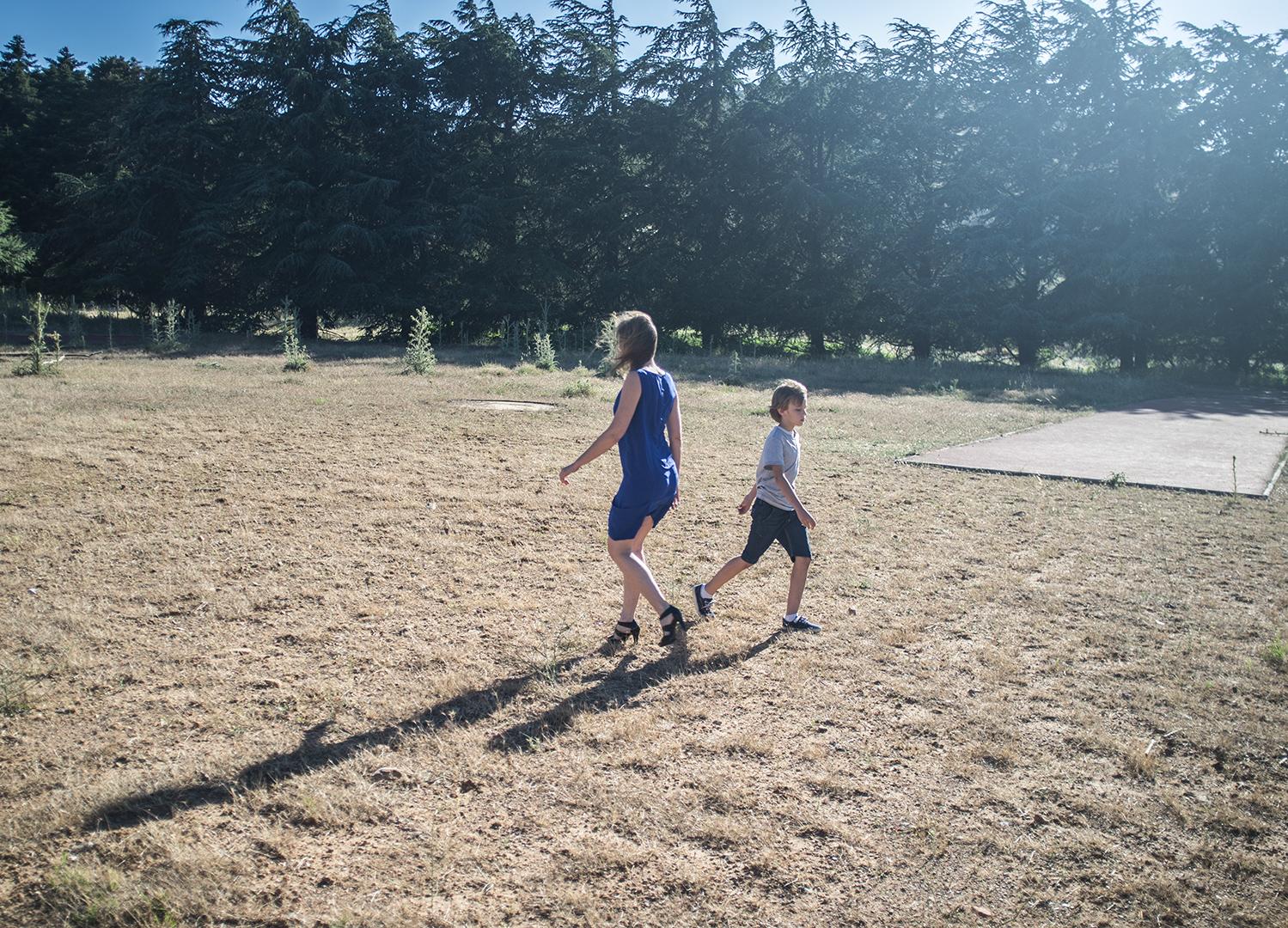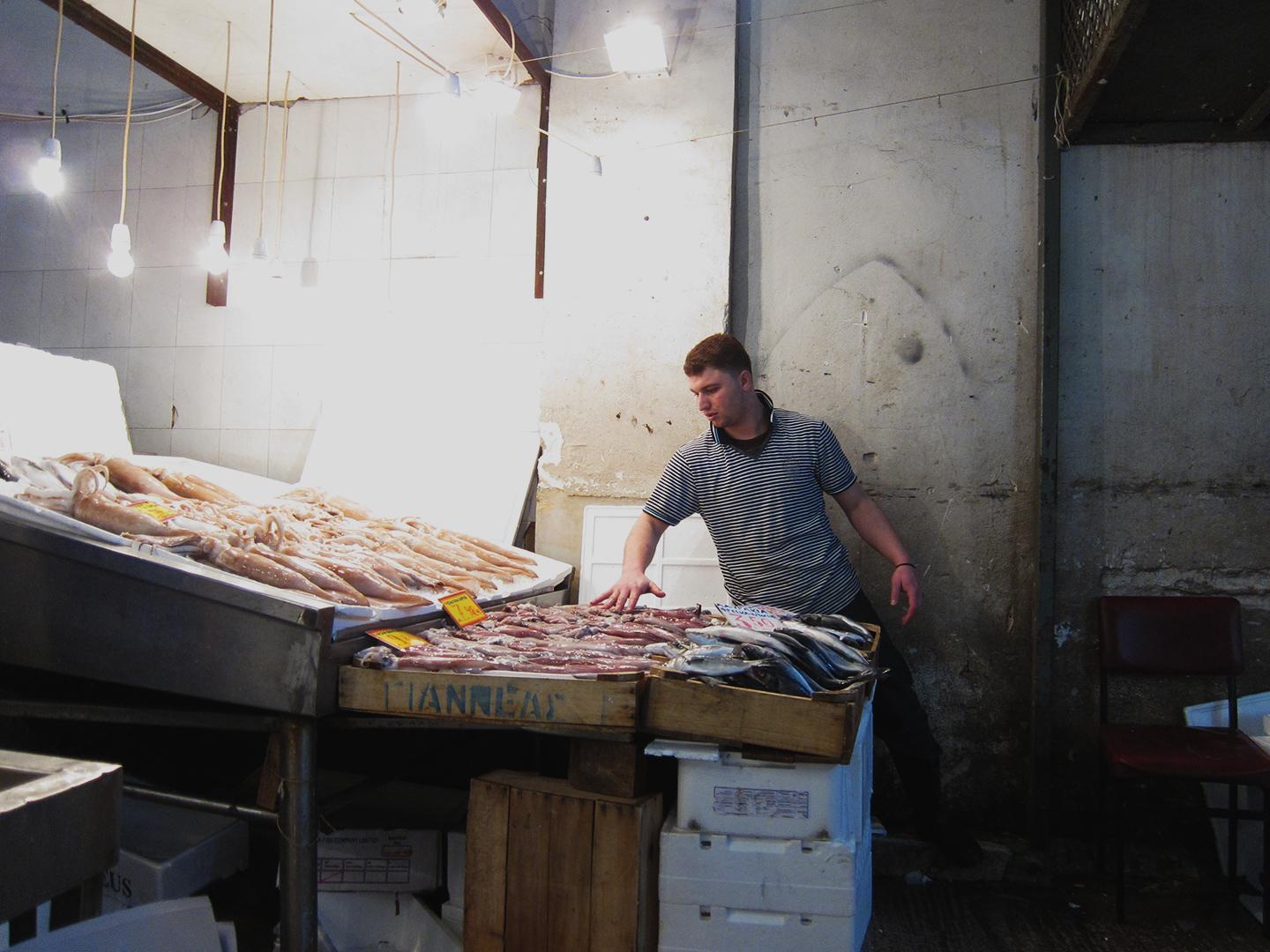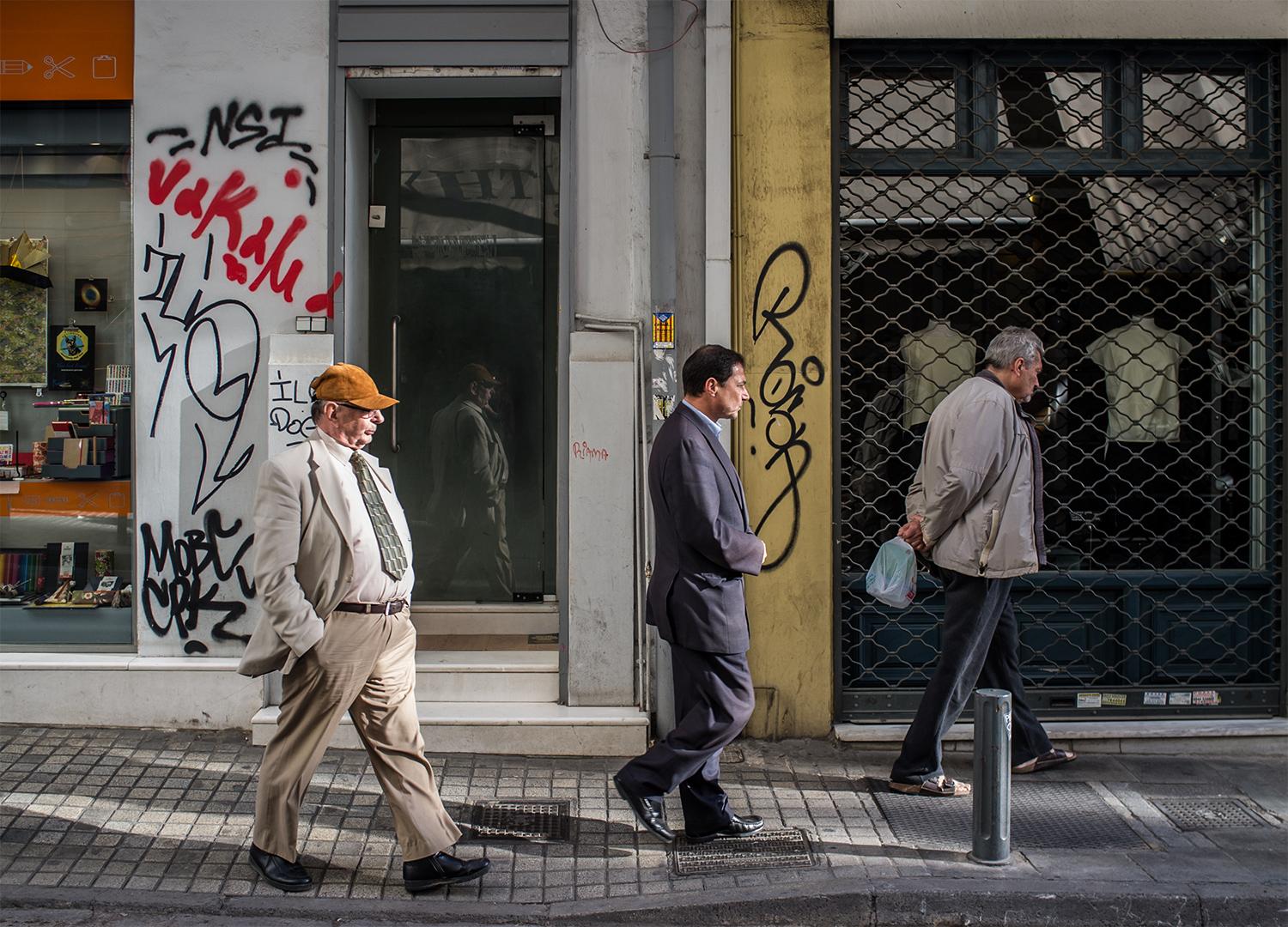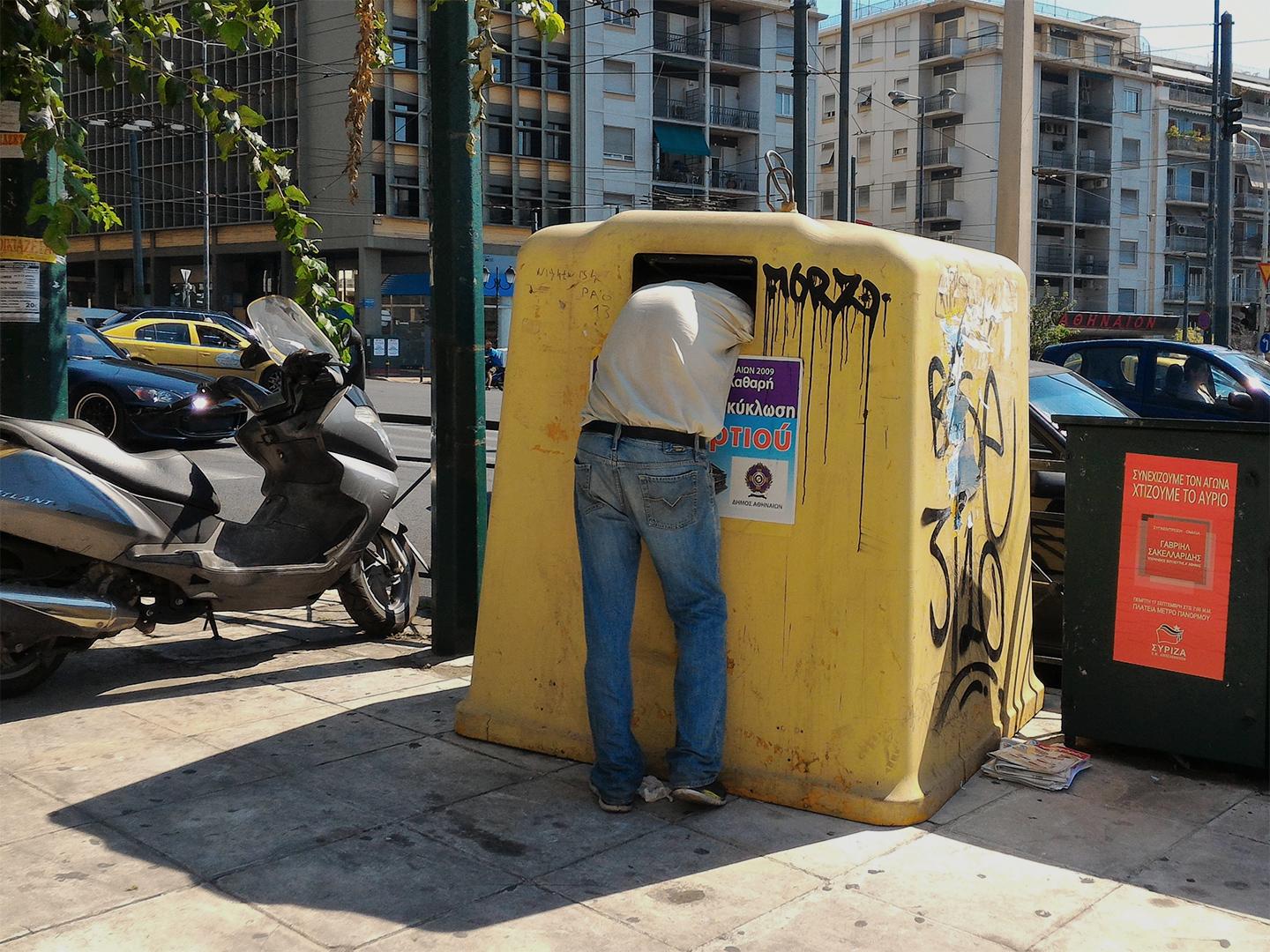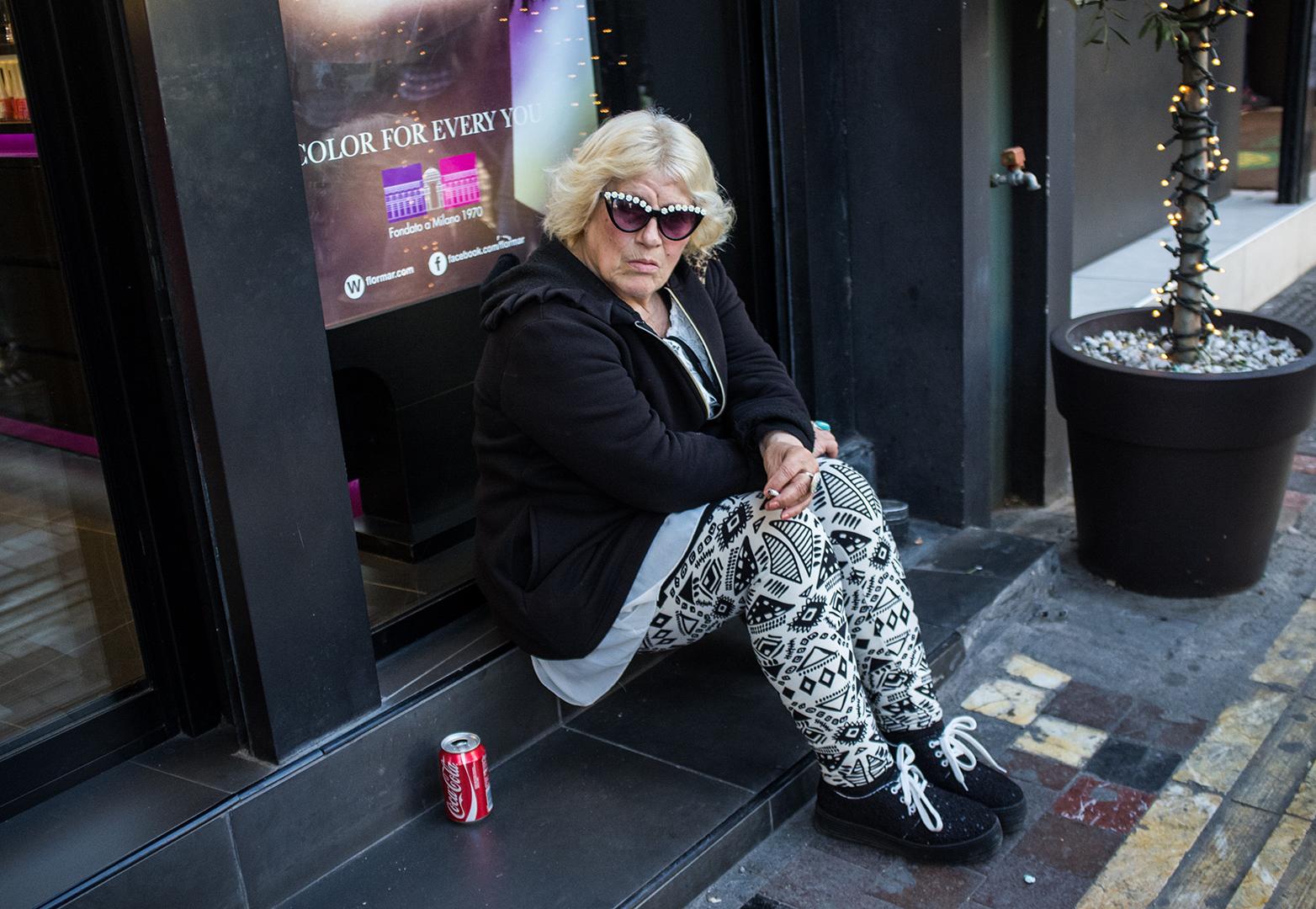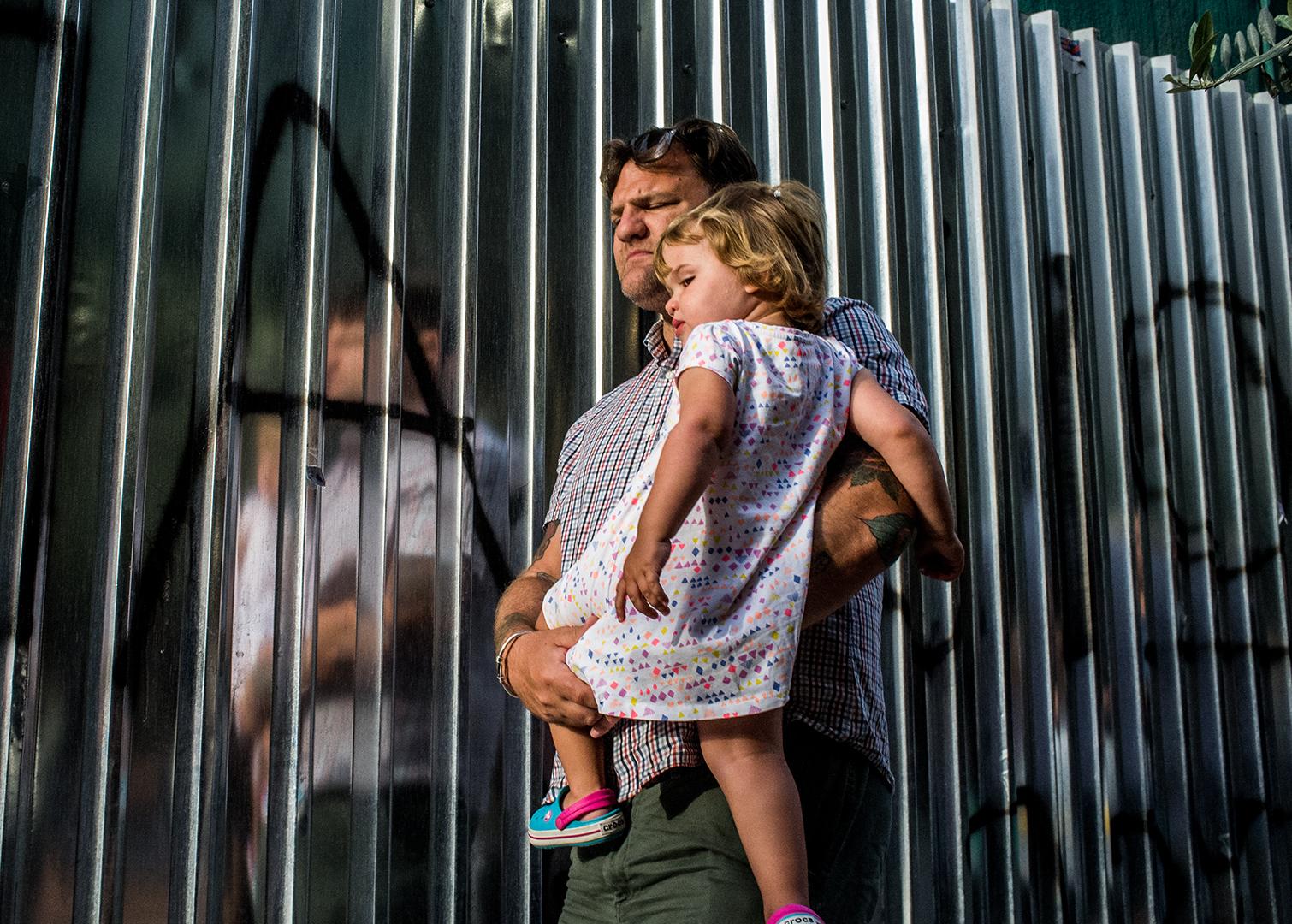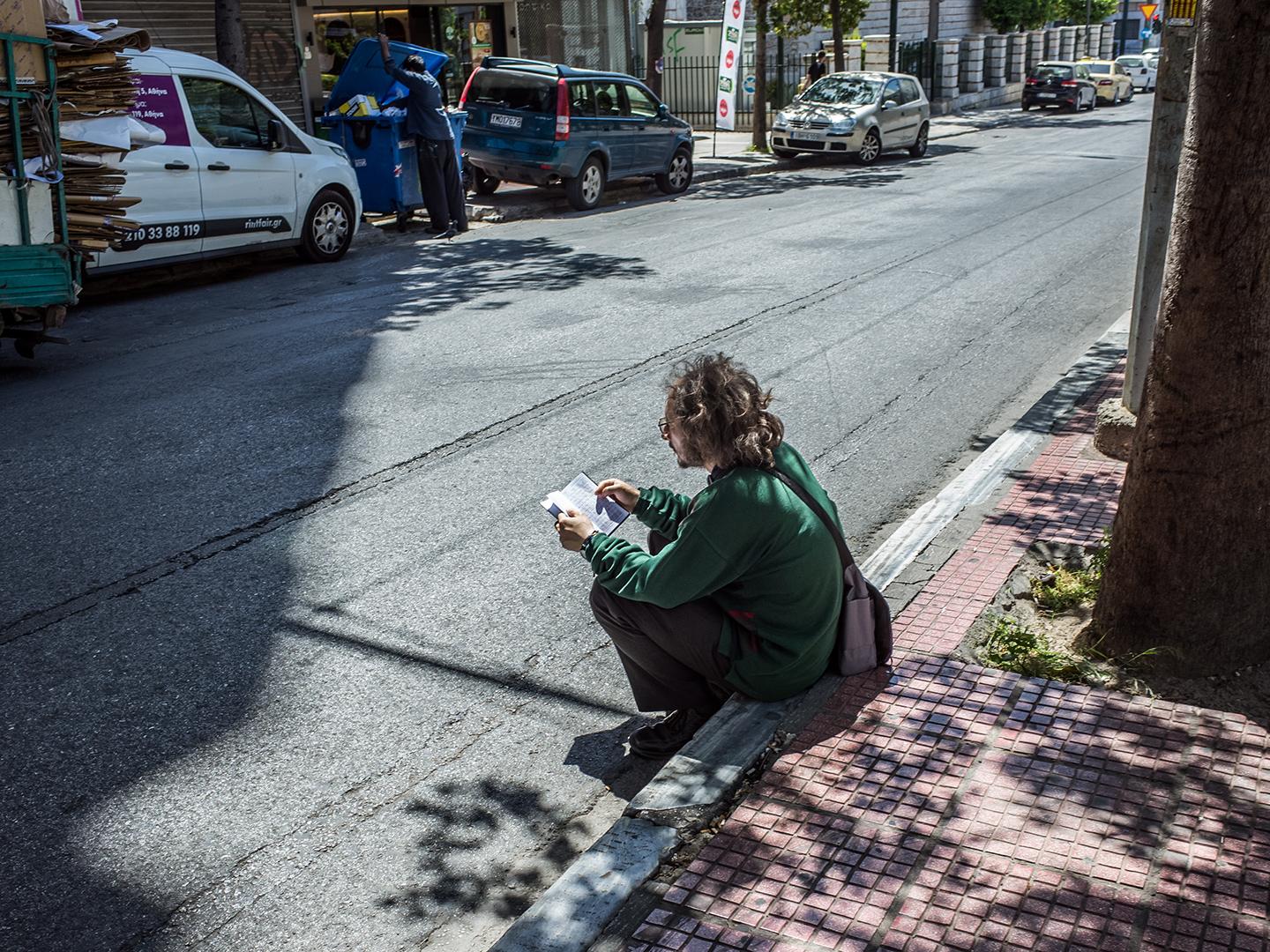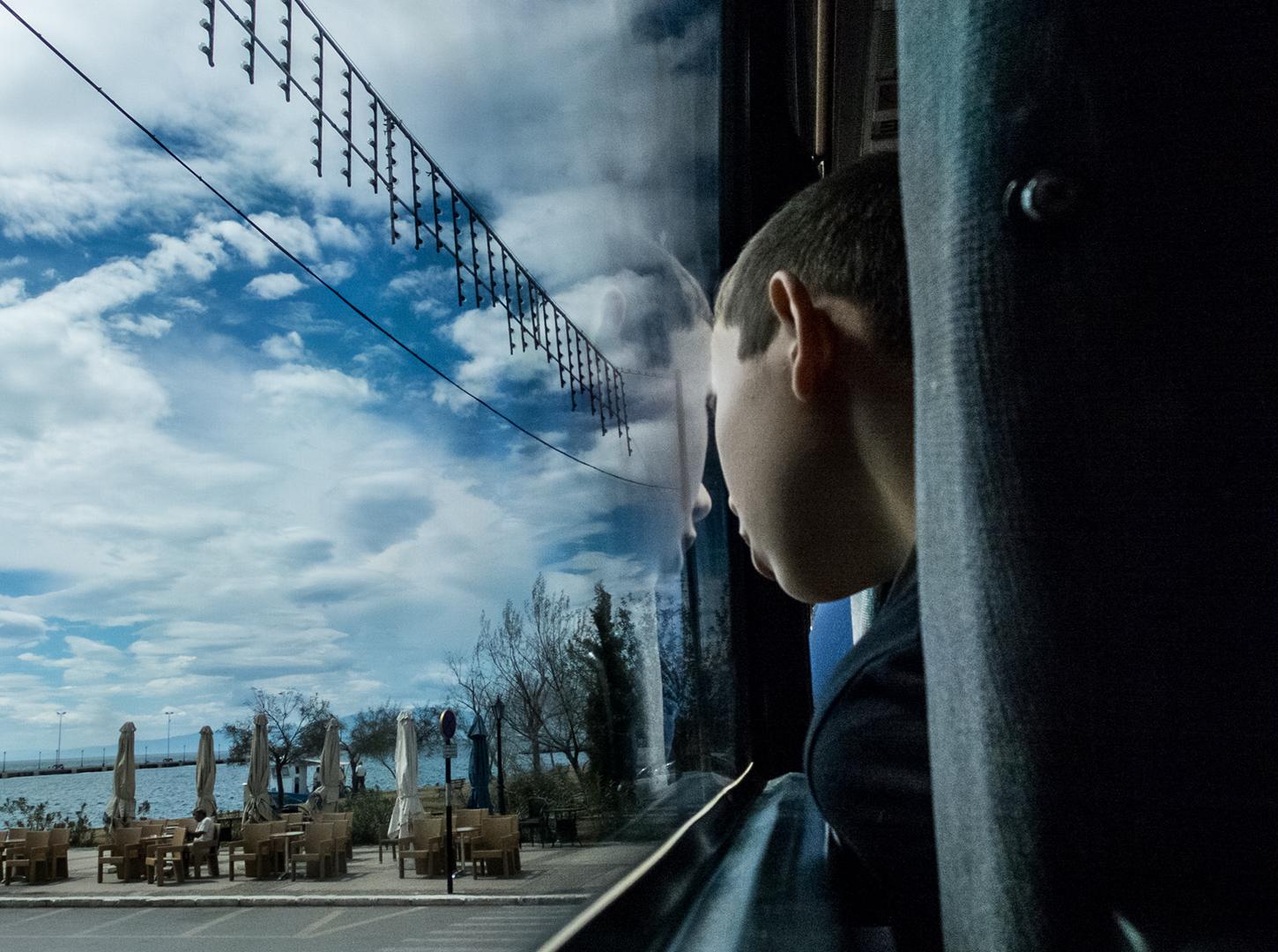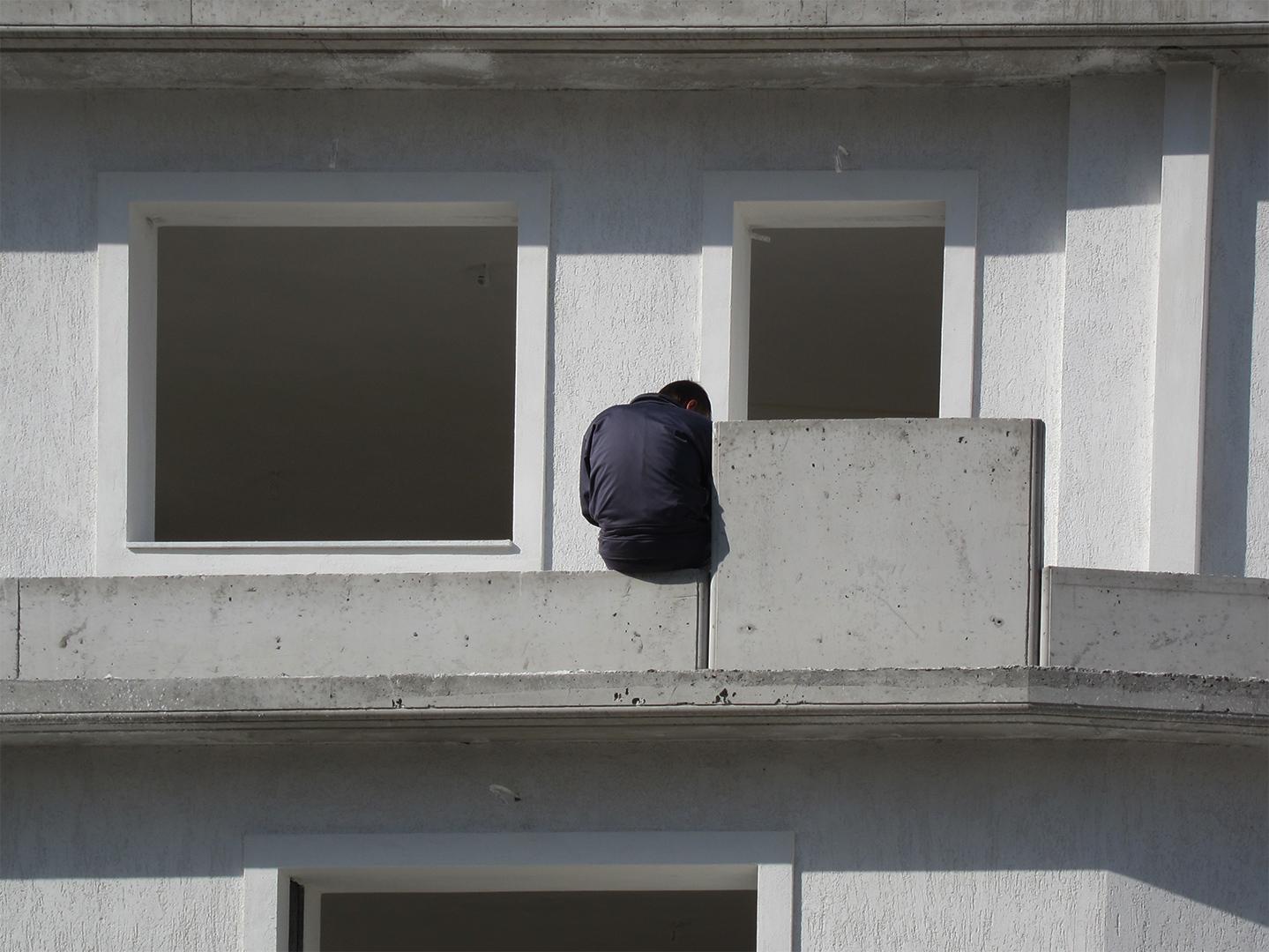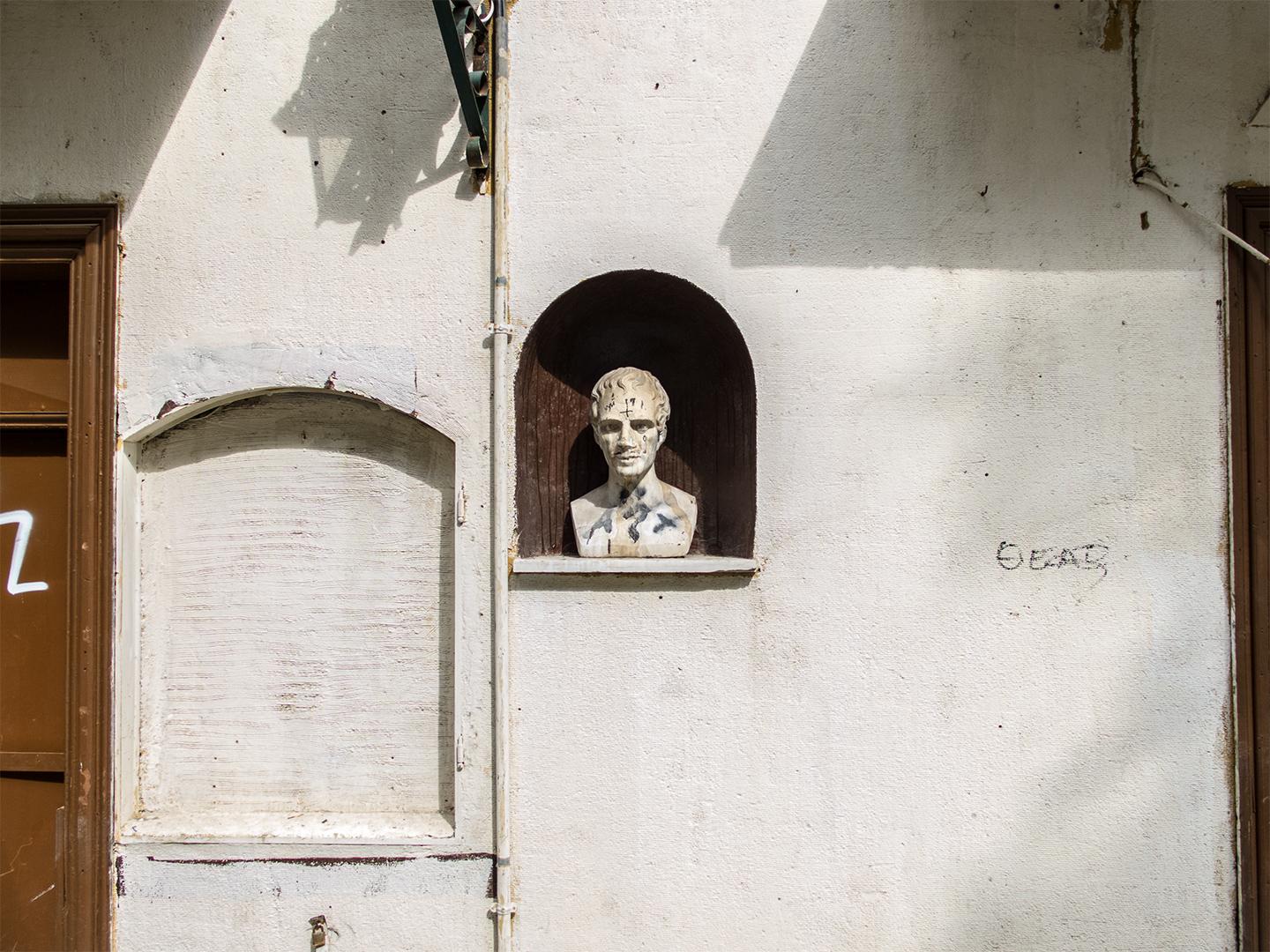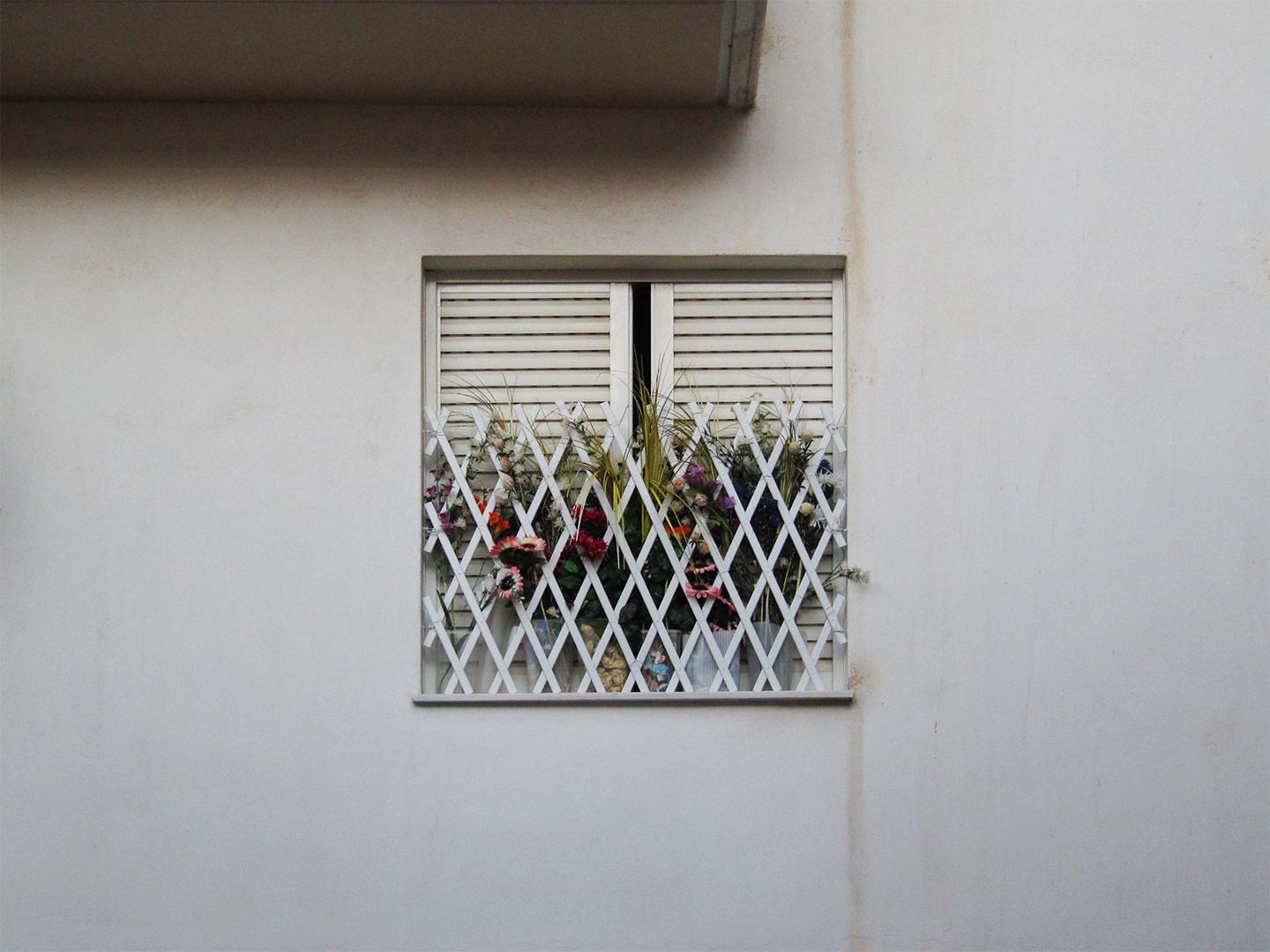The borders between what was considered to be middle class and working class or even more lower classes are now vague.
more... Since the economic crisis has taken hold, poverty has taken hold among Greece's middle class. The recent recession has meant many people used to a comfortable standard of living are having to cope with living on a lot less. The seemingly wealthy are suffering in this downturn. Few people will sympathise with them, and few think-tanks will study them. But suffer they will. And they will range in type from the flamboyant over-spenders to the lone mothers, the graduates who lose their good jobs and never get back on track, and the people who are derailed by ill health, divorce or some other problem and gradually sell off their bits of silver as they edge closer to poverty.
The results point to a significant rise of inequality of consumption expenditure among Greek households during the crisis, fueled primarily by a disproportionate drop in the consumption levels of what can be considered the “middle class”. The middle class is increasingly becoming the target group of many humanitarian organizations in Greece. As yet, there are no reliable estimates as to the numbers of the "new poor," because the appropriate studies are lacking. Families can also mitigate the severity of many financial crashes. Those who have lost their jobs or their homes find accommodations with relatives before they ever make it into official statistics. That is especially true of the youngest victims of the financial crisis. But with the government's many new austerity measures, along with the tax burdens, it is questionable how long the families can continue doing that. The borders between what was considered to be middle class and working class or even more lower classes are now vague.
 New Poor by Anargyros Drolapas
New Poor by Anargyros Drolapas


